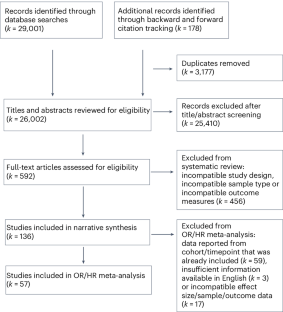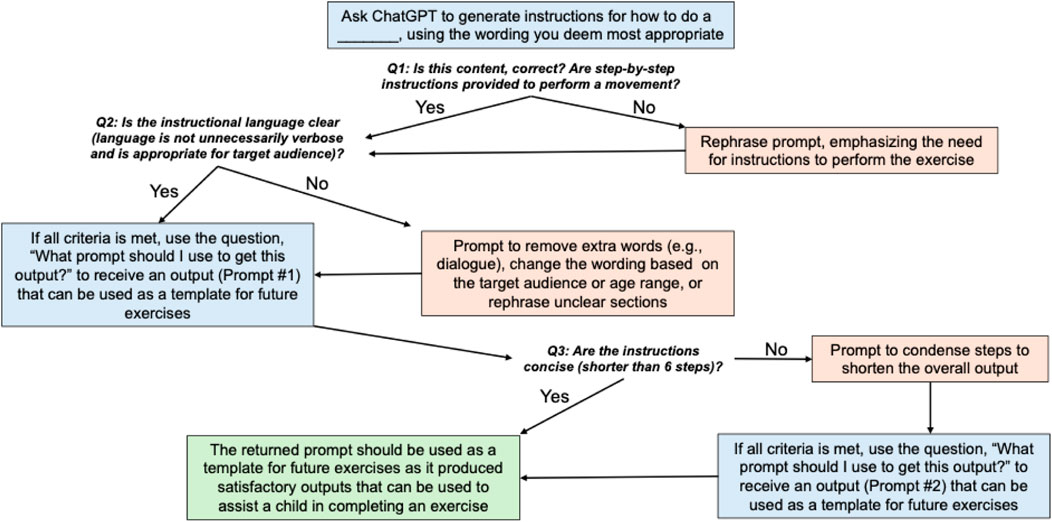2025-04-14 テキサス大学オースチン校(UT Austin)
<関連情報>
- https://news.utexas.edu/2025/04/14/technology-use-linked-to-better-brain-health-in-older-adults/
- https://www.nature.com/articles/s41562-025-02159-9
テクノロジーの利用と認知老化に関するメタ分析 A meta-analysis of technology use and cognitive aging
Jared F. Benge & Michael K. Scullin
Nature Human Behaviour Published:14 April 2025
DOI:https://doi.org/10.1038/s41562-025-02159-9

Abstract
The first generation who engaged with digital technologies has reached the age where risks of dementia emerge. Has technological exposure helped or harmed cognition in digital pioneers? The digital dementia hypothesis predicts that a lifetime of technology exposure worsens cognitive abilities. An alternative hypothesis is that such exposures lead to technological reserve, wherein digital technologies promote behaviours that preserve cognition. We tested these hypotheses in a meta-analysis and systematic review of studies published in Medline, PsycInfo, CINAHL, Science Direct, Scopus, Cochrane Library, ProQuest and Web of Science. Studies were included if they were observational or cohort studies focused on general digital technology use in older adults (over age 50) and included either a cognitive or dementia diagnosis outcome. We identified 136 papers that met inclusion criteria, of which 57 were compatible with odds ratio or hazard ratio meta-analysis. These studies included 411,430 adults (baseline age M = 68.7 years; 53.5% female) from cross-sectional and longitudinal observational studies (range: 1–18 years, M = 6.2 years). Use of digital technologies was associated with reduced risk of cognitive impairment (OR = 0.42, 95% CI 0.35–0.52) and reduced time-dependent rates of cognitive decline (HR = 0.74, 95% CI 0.66–0.84). Effects remained significant when accounting for demographic, socioeconomic, health and cognitive reserve proxies. All studies were evaluated for quality on the basis of a standardized checklist; the primary outcomes replicated when limiting analyses to the highest-quality studies. Additional work is needed to test bidirectional causal interpretations, understand mechanisms that underpin technological reserve, and identify how types and timings of technology exposures influence cognitive health.

